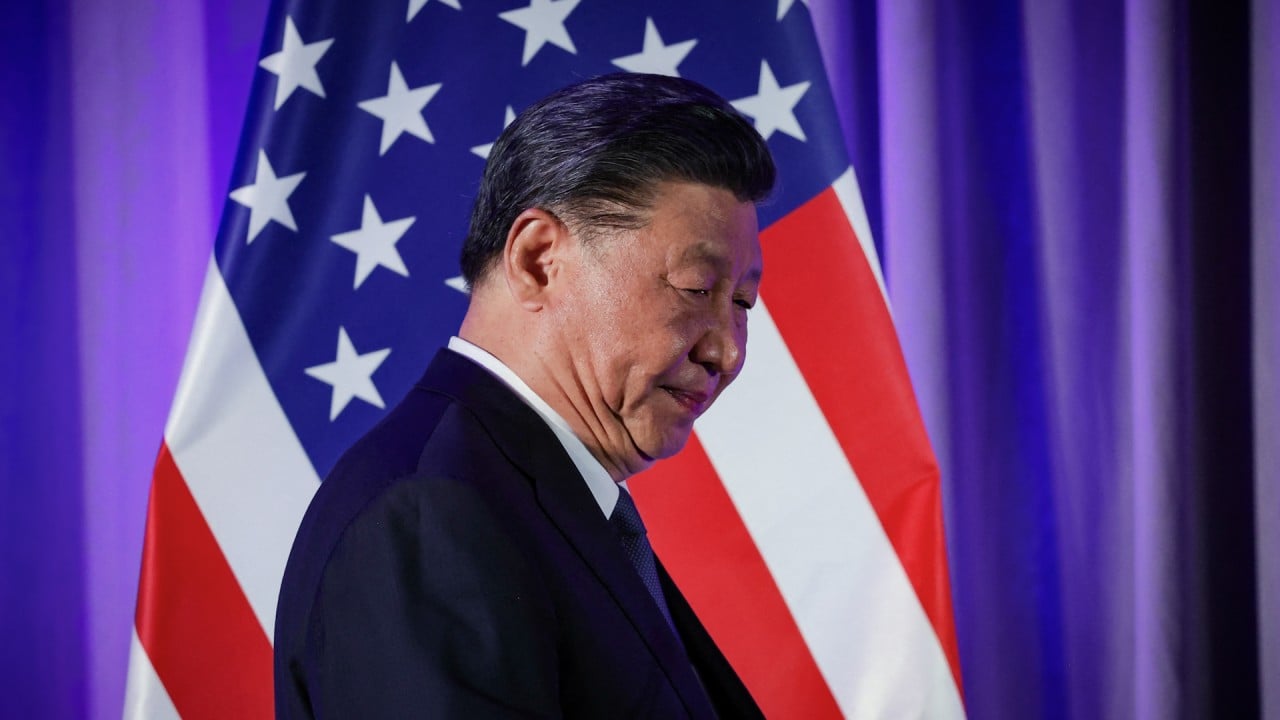But analysts expressed concerns over the strategy’s long-term viability as geopolitical tensions intensify.
In a fresh batch of incentives for overseas capital, Jiangsu – China’s second-largest provincial economy after Guangdong – called for overseas participation in “strengthening, supplementing, and extending industrial chains.”
“Foreign-invested enterprises are encouraged to participate in open innovation and development across the entire biopharmaceutical industry chain, and to speed up the implementation of projects,” said the Jiangsu government in a document published last week.
For major projects worth more than US$100 million, it said, land use will be prioritised and visa services will be facilitated for executives, technical personnel and other individuals from foreign-invested enterprises and multinationals.
Foreign participation in the industrial value chain has been promoted by other localities, though in those cases their intentions were signalled less explicitly.
Jiangsu’s initiative … carries significant symbolic weight. It represents a proactive effort to retain foreign investment
The Guangdong government also called for foreign participation in its industrial development in a document published in March 2023.
“As Western countries exercise control over Chinese funds entering their vital supply chains for security reasons, foreign capital is also withdrawing from China,” said Peng Peng, executive chairman of the Guangdong Society of Reform, a think tank connected to the provincial government.
“Jiangsu’s initiative to encourage foreign companies to participate in these crucial supply chains carries significant symbolic weight. It represents a proactive effort to retain foreign investment.”
He added that further observation is required to determine whether this measure is a temporary stimulant or a long-term reorientation, as both sides are balancing national security and supply chain interdependence.
“If the ‘decoupling’ strategy becomes entrenched in the West, it becomes challenging to foresee the sustainability of China’s engagement policy,” Peng said.
Going forward, China will remain a bit selective … barriers will probably remain
Confidence among China’s foreign business community has also been eroded by an increasingly volatile regulatory environment.
China has always had a mixed outlook on foreign enterprises, granting preferential treatment for taxes and land provision but also imposing strict localisation requirements, said Xu Tianchen, senior China economist with the Economist Intelligence Unit.
CIIE 2023: Premier Li Qiang to reach out to global investors in bid to mend ties
CIIE 2023: Premier Li Qiang to reach out to global investors in bid to mend ties
“Going forward, China will remain a bit selective,” Xu said.
“It will woo investors into industries where it has enough sway and domestic firms are already competitive. In areas where foreign participation undermines China’s pursuit for self-sufficiency and control over supply chains, barriers will probably remain.”
“It is hoped that the US Chamber of Commerce and its entrepreneurs will continue to serve as a bridge in promoting communication and mutual understanding between the two countries,” Li told the delegation in Beijing, according to state news agency Xinhua.
The Ministry of Commerce held a round table meeting with foreign businesses on the same day to solicit concerns and comments, especially regarding the implementation of a 24-point policy directive issued last August to optimise the business environment and promote investment.


